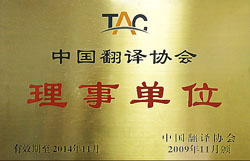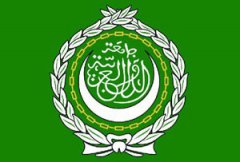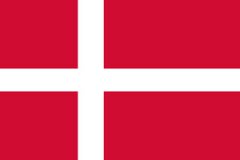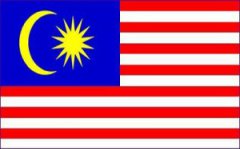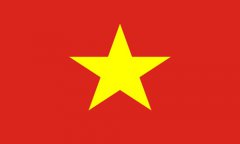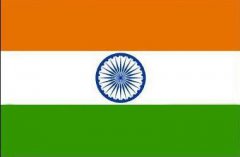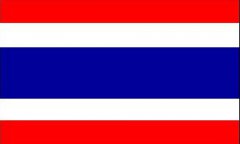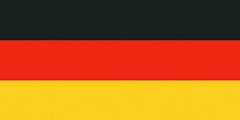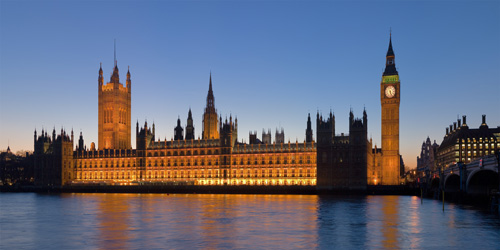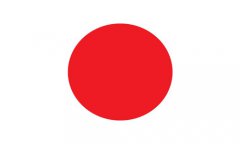2013年捷克共和國的一個政治動盪年
Year 2013 was a tumultuous year in the Czech Republic, characterised by a weak economy and political crises and upheaval.
Elections brought about unexpected results and division among political leaders, including a polarising, overreaching president and a fragmented parliament.
The elections featured an eclectic bunch of characters, including a populist Japanese-Czech businessman, a serial candidate for every electable post in the country, two former prime ministers and a Austria-Hungarian nobleman.
The two former prime ministers, Milos Zeman and Jan Fischer, had been favourites to win the first round, which Zeman prevailed. Fischer was pipped at the post by Karel Schwarzenberg, the Prince of Schwarzenberg and Duke of Krumlov, who defied the opinion polls.
The second round was more divisive, as it pitted cities against the countryside, the youth against their parents and grandparents, the right against the left. Zeman, a heavy drinker, smoker and so-called "man of the people," was popular with the working class, people in villages and small towns, and in the German border regions.
Schwarzenberg was most popular among the young, well-educated and dwellers of large cities. A gaffe by Schwarzenberg about the Benes Decrees led to Zeman capitalising on it and taking the lead, ultimately winning with a resounding 54.81 percent of votes against Schwarzenberg's 45.19 percent.
The newly-elected Zeman, a leftist with a grudge against the right-wing ruling government and particularly the Prime Minister Petr Necas, took it upon himself to make things as difficult for the government as possible, which was already struggling with in-fighting, low popularity and a hostile senate.
On June 13, an anti-corruption taskforce arrested a number of political figures, including Necas's chief of staff, Jana Nagyova. A few days later, for the good of his party, Necas stepped down, leaving the speaker of the parliament, Miroslava Nemcova, to take his place.
But President Zeman refused to appoint Nemcova as the new prime minister, and turned to his friend and confidante Jiri Rusnok instead to lead a caretaker government made up of people loyal to the president.
Jan Fischer, a former prime minister, statistician and World Bank employee was highly respected by the Czech people despite his losing presidential bid. However, he squandered his popularity by accepting the position of caretaker minister of finance. His substantial debts from his presidential campaign were fully paid off within 24 hours of the announcement of his new position.
The right-wing parties that had led the previous government fought hard against this act of "presidential overreach," arguing that since they still had a majority in parliament, they must be given a chance to reform government.
The left-wing Social Democrats, the Communists and the disgraced Public Affairs party all opposed this, arguing instead for early elections.
When right-wing parties finally pressed for a vote, they lost their majority, after several members of the largest party in the coalition voted against the motion, knocking the parties below the 101-seat majority in the 200-seat chamber. The major parties immediately agreed to early elections, which took place on the 25th and 26th of October.
By Czech standards, the elections were a relatively civilised and calm affair, with minimal attacks and plenty of boring policies and bland slogans.
The shock came not with the campaign, but with the results. Most of the parties received wildly different results than the opinion polls suggested. The ultimate winner, the Social Democrats, had been riding high for at least a year, with many polls suggesting 40 percent, though that decreased to 30 percent and less in the lead-up to the election.
The final result of 20.45 percent was the worst in the party's history and led to a loss of seats.
A new movement, ANO (or "yes"), shocked the pundits with 18.65 percent of the vote, making it the most successful new party in the country's history after a strong campaign against the status quo and corruption.
Facing the prospect of a fragmented parliament, the Social Democrats, ANO and KDU-CSL quickly entered coalition talks, which look to be finalised by the end of the year, giving ANO a strong say in the country's future, despite its new status as a political movement and relative political inexperience.
The political drama acted as a distraction against the real problem facing the country: a weak economy.
Hopes are the next government can work on real solutions that will get the Czech economy moving once more.
簡明繙譯:2013年在捷克共和國是動盪的一年,其特點是經濟疲弱和政治危機和動盪。






